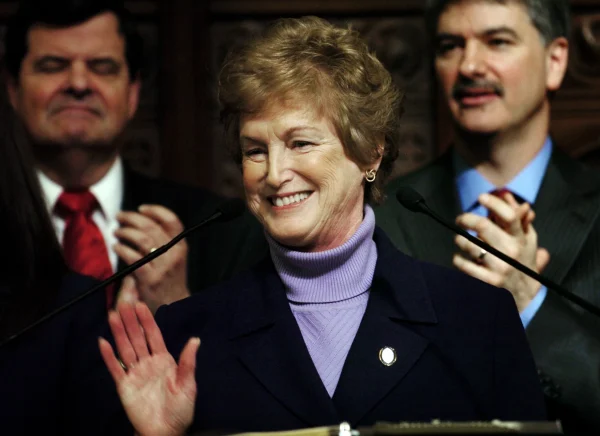E-government and social media: How American politics have been impacted by the internet
There is unlimited information at our fingertips; we are constantly being bombarded with news articles, updates from political officials and misinformation. For better or worse, the fast-changing nature of politics can be attributed to the internet and social media. The development of e-government, better communication between officials and constituents and a larger network for campaigning have all fostered a political environment that is more inclusive but riddled with misinformation — decreasing American political efficacy.
One of the biggest changes in politics is the development of e-government — a tool that has existed nearly as long as the internet has. This aims to increase the effectiveness of government while making government services more widely available to citizens. Although e-government has effectively provided millions with open-source data, government programs and assistance, its inclusivity is limited because of unequal access to the internet.
While e-government enhances government transparency and the connection between the government and the people, social media is also an effective tool. While President Franklin D. Roosevelt once delivered “fireside chats” to increase his connection with Americans in the 1930s, that type of relationship-building has developed into social media updates, in which constituents are able to stay up to date on politician’s actions.
As political officials are now able to connect with constituents in an immediate and effective way, that has, in turn, impacted their ability to run a presidential campaign. With social media being a primary vessel to spread information, they have been well-used by presidential candidates to quickly spread important information.
In President Joseph R. Biden’s political campaign, for example, he sent out a social media guide that laid out tools for his supporters to bolster his campaign. This guide outlined his socials, donation methods and other information for his supporters to share online, highlighting the way that the internet can be effectively used to support a campaign.
Although Biden is not the first president to employ social media to his advantage, the topic of social media in politics was pushed to the forefront by former president Donald J. Trump, especially with the way that he used it to spread misinformation about the COVID-19 pandemic and the results of the 2020 U.S. presidential election.
Arguably, social media has enhanced American politics and made it more inclusive. On the other hand, it has made misinformation run rampant and is inaccessible to some. Politics will continue to change as technology does, which means that we must be deliberate in the way that we consume information and engage with social media.

Samuel Weinmann is a passionate journalist who is a junior international affairs major at the University of New Haven. As the editorial head of the Charger...



